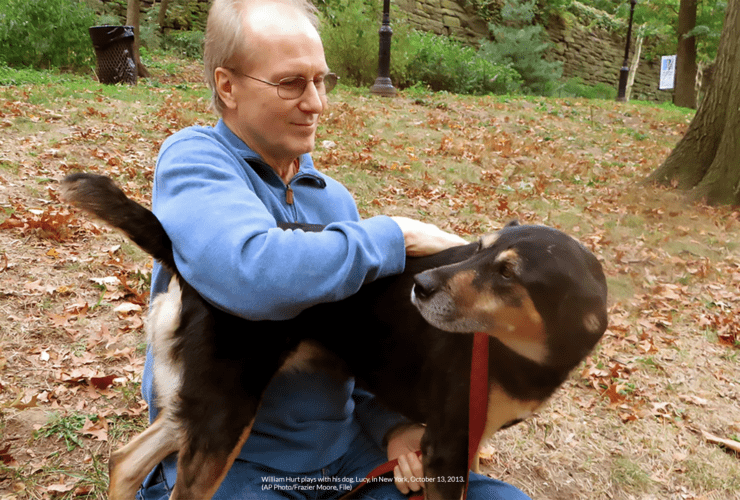I got famous, then I got cancer
“I got famous, then I got cancer, and now I live to talk about it,” says Fran Dresher, actress, model, writer, and President of the Cancer Schmancer Movement. “Sometimes the best gifts come in the ugliest packages.”
Dresher, a New York native best known for her role as “Nanny” on the hit 90’s sitcom The Nanny, (which still airs in syndication) is a uterine cancer survivor. “It took me two years and eight doctors before finally being told I had gynecologic cancer,” she says, admitting she felt “betrayed” by her body and the medical community.
In 2002, Drescher wrote the book Cancer Schmancer, to share her story of survival. “The book was not the end, but rather the beginning, of a life mission to improve women’s healthcare in America,” she has said. And, with that, Drescher launched the Cancer Schmancer Movement and Cancer Schmancer Foundation to transform women from patients into medical consumers, and “to shift this nation’s priority from searching for a cancer cure towards prevention and early detection of cancer.”
“This summer, Cancer Schmancer turned four and I celebrated my 11th year of wellness from uterine cancer. I feel very blessed to continue with our message of prevention and early detection,” she begins with. “To really focus on our preventative efforts, we have just launched our new program called Trash Cancer.”
According to Drescher, Trash Cancer is about educating others about the harmful chemicals found in common household and personal care products, “and how to be smart consumers in order to live healthy lives.”
“Ninety percent of cancers are caused by environmental factors, so it is important to be aware of carcinogens and reduce our exposure to them,” she says. “We need to be aware of what we are putting on our skin, in our stomachs, and in our homes.”
Dresher says that “there is formaldehyde in some baby shampoos and lead in some lipsticks. We live in a toxic world and it is our responsibility to protect ourselves from these poisons.”
Right now there is an important bill in Congress called the Safe Cosmetics Act of 2011. If passed, the bill would “require gaps in the current federal law to be closed. These ‘gaps’ allow dangerous chemicals in cosmetics and personal care products,” explains Drescher. “This is an issue that affects men and women, Democrats and Republicans, old and young. We need to be an active voice in this initiative and tell our elected officials to support this bill because of our health matters.”
According to Drescher, shampoos, lipsticks, deodorants, shaving cream, lotions, mascara “and every other product we put on our faces, in our hair, even on our teeth, can contain toxic chemicals linked to cancer, infertility, neurological problems, and other health problems. And it’s perfectly legal!”
Drescher explains, “this bill will eliminate the most harmful chemicals known to cause cancer or reproductive harm from personal care products; require cosmetics companies to tell us everything that’s in their products; and set up a system to review the safety of cosmetic ingredients. Additionally, ‘cosmetics’ refers to products that men, women, and children use every day. This bill affects every single American. Men use an average of six personal care products every day. Women use 12!”
Drescher continues: “We need to advocate that more attention be paid to diagnostic screenings and biomarker testing. We also need to start figuring out what’s causing cancer and the effect of environmental factors.” She also wants today’s younger generation to learn more about Cancer Schmancer’s WE THE FUTURE campaign, which is “all about empowering the next generation to learn how to live healthier lives and help their families and communities do the same. The earlier our children learn how to ask questions and choose healthier lifestyles, the better off they will be.”
The message Drescher wants to relay to others is simple, effective, and to-the-point. “By empowering Americans to be educated medical consumers, to ask questions of their doctors and the screening tests available, and to learn how to live a less toxic life, we can save lives today,” she says. “Did you know that when cancer is detected early, there is a 90 percent survival rate? We are working toward a day where no person loses his or her life to the late-stage diagnosis of cancer.”
To learn more, visit TrashCancer.org, and use the GoodGuide search bar to evaluate the health ratings of home products. Visit CancerSchmancer.org to learn more about the early signs of cancer and the tests available.
For more information on WE THE FUTURE visit www.facebook.com/wethefuture, which features weekly discussions, contests, and more.




